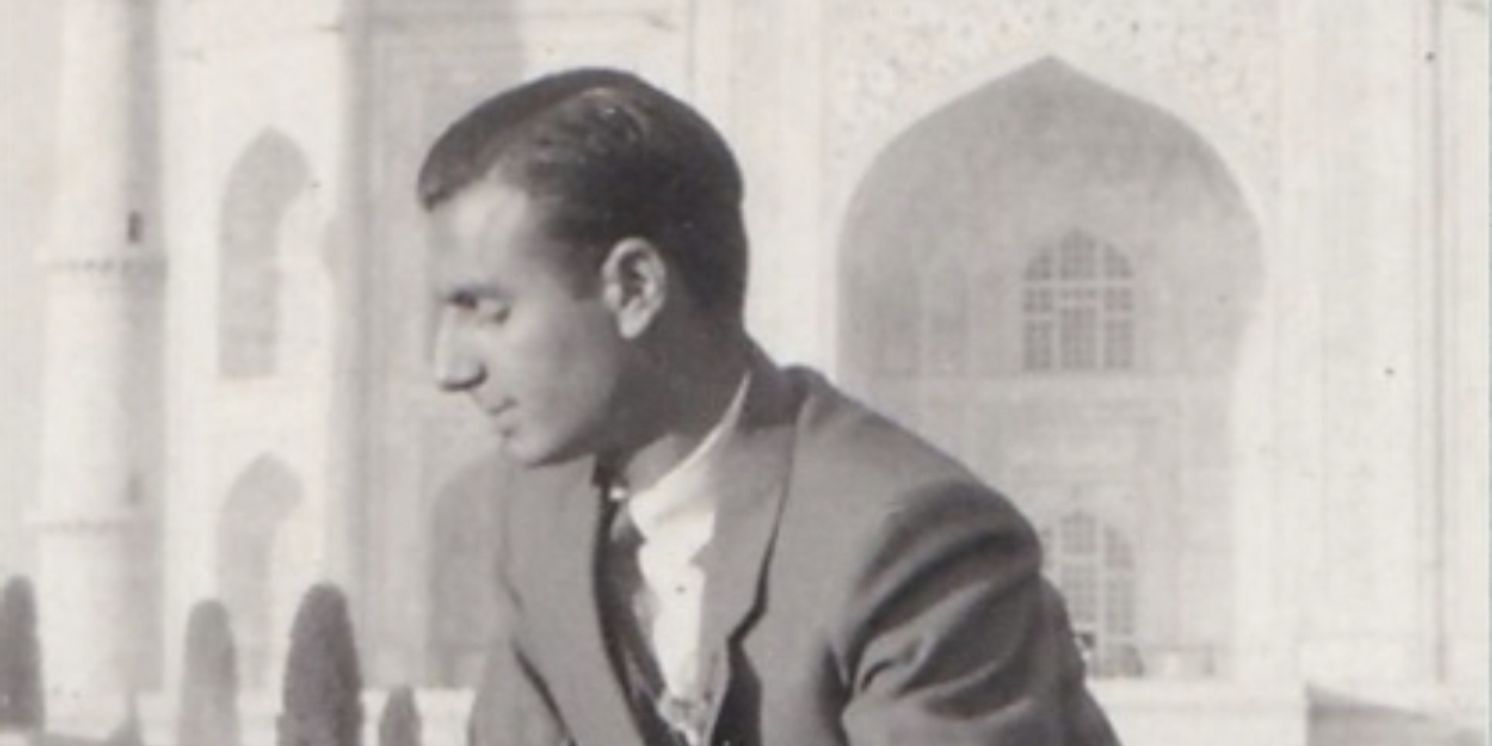Review: MOHAN: A PARTITION STORY, VAULT Festival
A brilliant mix of Moorjani's own story in the 21st century and their grandfather’s story from Partition

![]()
"I've been through the mill and still, I know I'm one of the lucky ones"
The Partitioning of India in 1947 was, to quote Niall Moorjani, "f-ing absurd". The British decided to use their classical tactic of "divide and conquer", turning people who had once been close neighbours against one another and making millions refugees in their own country.
It is impossible to truly understand what millions of people went through during that time. But, as a storyteller armed with their grandfather's story of Partition, Niall Moorjani is going to do their best to share both the political and emotional moments that shaped the event from both their own and their grandfather's perspectives.
Moorjani begins their story in 1608 with the introduction of the East India Trading Company to India, going into incredible detail on the beauties of the land that the white men ignored, only wanting to talk about money - "Strange beginnings, indeed". But instead of just giving the audience a history lesson, Moorjani jumps between teaching the audience about the history of India from the 17th century to the present and listening to their grandfather's memories of Partition in 2018 after a family dinner.
Somehow, when talking about a dark moment in history like Partition, Moorjani manages to be both hilarious and heartbreaking, cracking jokes about their grandfather's sayings and going into tragic detail on how the same man was running for his life from a train station at the age of eleven.
Even though there aren't many sound and lighting effects in the show, there is a beautiful contrast between Moorjani speaking as themselves and when they are speaking as their grandfather, Mohan. When speaking in the present, Moorjani has a bright white light on them and they walk around the stage, speaking directly to the audience. During the time in which Moorjani "becomes" Mohan, the stage is lit in a warm, yellow light and Moorjani wears a bangle and a scarf, sitting on a chair and simply telling their grandfather's story.
Moorjani ends Mohan: A Partition Story in a fascinating way, showing the audience how they used to end the show before telling the story of why they changed the ending. It's a moment that leaves you in shock with the realisation that, even though some progress has been made, not much has changed. In terms of colonialism, racism, and the Empire, the 20th and 21st centuries are more similar than many might think, regardless of how education has improved.
Along with Mohan's own story, Moorjani goes into detail (or as much detail as they can) on how Partition affected not only women but other marginalised groups. They mention that there is very little information on them, but they hope that there might be more in the future, or that even if no more information is found, then at least that their stories are told by storytellers like Moorjani.
Ultimately, Mohan: A Partition Story is a beautiful solo show by Niall Moorjani that is a brilliant mix of their own story in the 21st century and their grandfather's story from Partition. The live music by Dibyo Mukherjee only enhances the incredible storytelling Moorjani displays throughout, creating an atmospheric experience that leaves its audience clamouring for more. As Moorjani says, there was some amount of hope in Partition. Hopefully, there is some hope for our future as well.
Mohan: A Partition Story ran at the VAULT Festival on 26 February in the Crypt at The Vaults.
Photo Credit: VAULT Festival
VAULT Festival has been left without a venue for next year. You can contribute to the #SaveVAULT campaign here.
Reader Reviews
Videos

